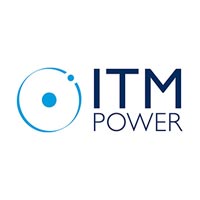Honda and Toyota think the technology’s superior energy density will triumph over batteries.
Japan wants the Tokyo Olympics of 2020 to run on hydrogen. Planners envisage fleets of hydrogen-fuelled cars whisking athletes from the village to the venues. They are even pondering the practicalities of a hydrogen-burning Olympic flame to promote one of Japan Inc’s boldest gambles: that hydrogen, not batteries, will become the automotive power source of the future.
Toyota and Honda both have fuel-cell vehicles on the road, betting that despite the greater complexity and cost of the hydrogen technology, its superior energy density compared with batteries will ultimately give it a decisive advantage in range.
Efforts to boost sales of hydrogen cars have hit an unexpected obstacle, however: stringent Japanese regulations that make it cripplingly expensive to build a hydrogen filling station. Fuel-cell cars are no good without somewhere to fill them up, so Japan is engaged in a drastic rewrite of the rules.

